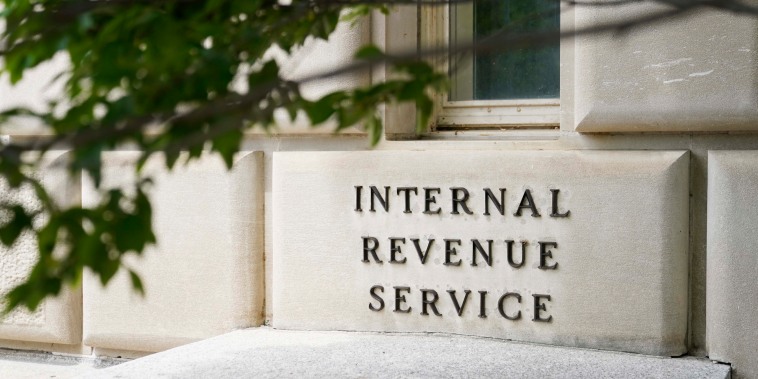The Internal Revenue Service (IRS) has taken a step towards modernizing and streamlining the tax filing process by announcing the permanency of the Direct File option as a free tax filing alternative, starting next year. This move is poised to benefit millions of taxpayers by providing them with a convenient and cost-effective way to file their taxes electronically.
Direct File, introduced as a response to the increasing demand for online tax filing services, has gained popularity among taxpayers due to its user-friendly interface and comprehensive features. By making Direct File a permanent option, the IRS is not only meeting the needs of tech-savvy individuals but also ensuring that electronic tax filing remains accessible and efficient for all taxpayers.
One of the key advantages of Direct File is its simplicity. Taxpayers can easily navigate the platform, enter their information, and e-file their tax returns within minutes. The platform also offers step-by-step guidance, ensuring accuracy and compliance with tax regulations. Additionally, Direct File is equipped with advanced security measures to safeguard taxpayers’ personal and financial information, giving them peace of mind while filing their taxes online.
Moreover, the permanency of Direct File as a free tax filing option will help reduce the overall cost of tax preparation for taxpayers, particularly those with limited financial resources. By choosing Direct File, taxpayers can avoid costly tax preparation fees and take advantage of the free electronic filing service provided by the IRS. This cost-saving benefit will undoubtedly appeal to budget-conscious individuals and families seeking to maximize their tax refunds without incurring unnecessary expenses.
Furthermore, the IRS’s commitment to making Direct File a permanent option underscores its dedication to embracing technology and innovation in tax administration. By offering a seamless online filing experience, the IRS is not only improving taxpayer compliance but also enhancing the overall efficiency of the tax filing process. As more taxpayers transition to electronic filing, the IRS can reduce the burden on its resources and focus on addressing more complex tax-related issues effectively.
In conclusion, the IRS’s announcement of Direct File as a permanent free tax filing option starting next year marks a significant milestone in the modernization of tax administration. By making electronic filing more accessible, cost-effective, and secure, the IRS is empowering taxpayers to fulfill their tax obligations conveniently and efficiently. This move signals a positive shift towards a digital-first approach to tax filing, benefiting both taxpayers and the IRS alike.

